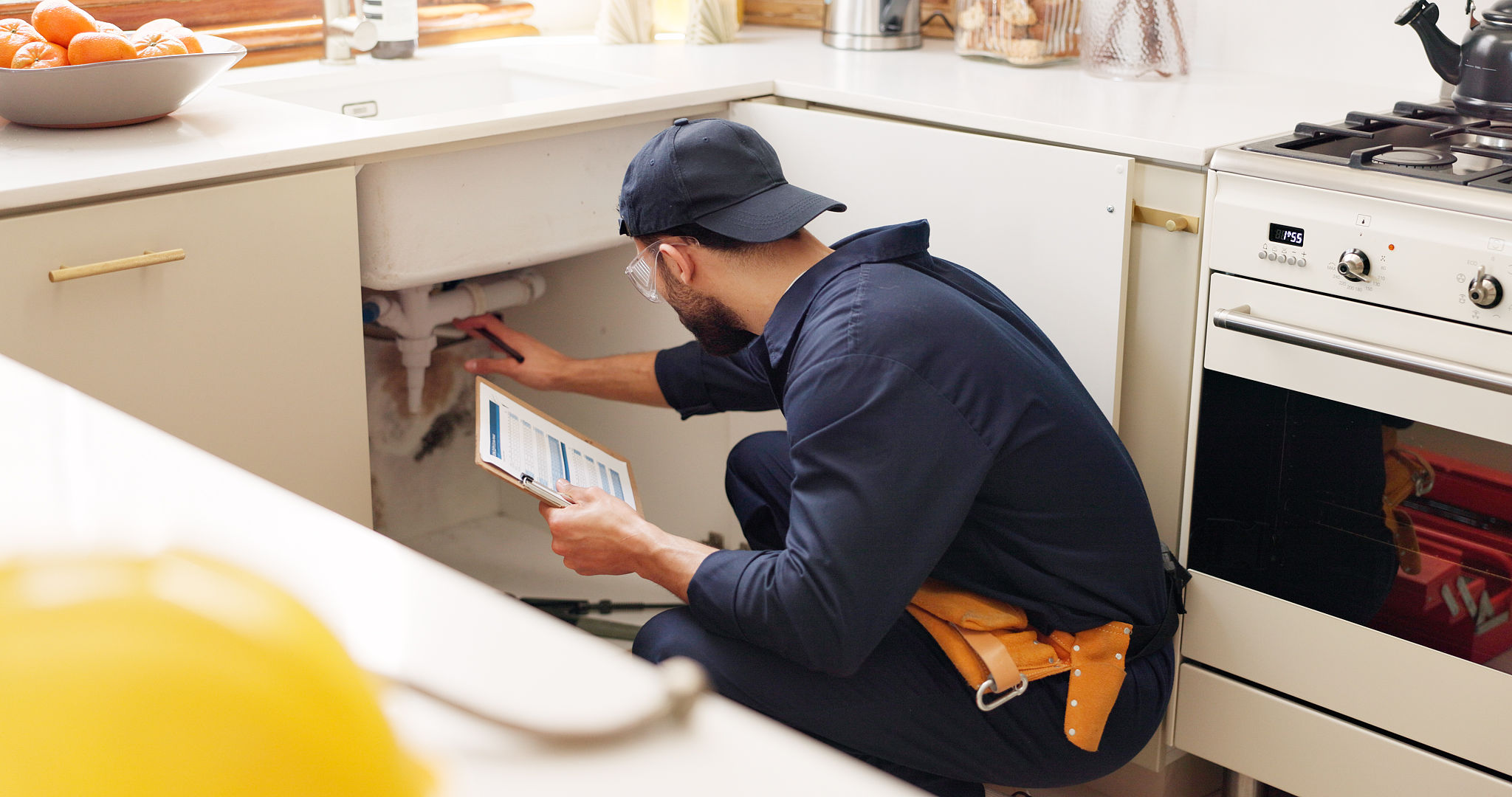Emergency Water Heater Service: What to Expect and How to Prepare
Understanding Emergency Water Heater Services
When your water heater suddenly stops working, it can be a significant inconvenience, especially during colder months. Understanding what to expect from emergency water heater services can help mitigate stress and ensure you're prepared for a quick resolution. Whether it's a lack of hot water or a leaking tank, knowing the basics of emergency service can make a big difference.

Common Water Heater Problems
Water heaters can fail for several reasons. Some of the most common issues include a broken thermostat, sediment buildup, or a faulty heating element. These problems can lead to inconsistent water temperatures or no hot water at all. It's essential to identify the issue early on to prevent further damage.
In some cases, leaks may occur due to corroded pipes or a deteriorated tank. Leaks should be addressed promptly to avoid water damage to your home. An emergency service technician will typically assess these problems quickly and determine the best course of action.
What to Expect During the Service
When you call for emergency water heater service, you can expect a technician to arrive promptly, often within a few hours of your call. They will begin by diagnosing the problem through a series of tests and inspections. It's crucial to provide as much information as possible about the symptoms you're experiencing to aid in a swift diagnosis.

The technician will usually have the necessary tools and parts on hand to perform most repairs on the spot. However, in some cases, special parts may need to be ordered, which could extend the repair timeline. It's always a good idea to ask about estimated repair timeframes and any potential delays.
How to Prepare for Emergency Services
There are several steps you can take to prepare for an emergency water heater service. First, locate and turn off the water heater's power supply or gas line to prevent further issues. Then, shut off the water supply valve to stop any leaks from causing additional damage.
Clear the area around your water heater to give the technician easy access for inspection and repair. This will help speed up the process and allow the technician to work more efficiently. Having your warranty information or previous service records on hand can also be beneficial.

Choosing a Reliable Service Provider
Selecting a reputable company for emergency water heater service is crucial. Look for providers with positive reviews, proper licensing, and adequate insurance coverage. A reliable service provider will offer transparent pricing and detailed explanations of any required repairs.
It's also beneficial to choose a company that provides 24/7 services, ensuring you can get assistance whenever an emergency strikes. Building a relationship with a trusted service provider can offer peace of mind for future issues.
Preventing Future Emergencies
Regular maintenance can significantly reduce the likelihood of unexpected water heater problems. Consider scheduling annual inspections and routine maintenance tasks such as flushing the tank and checking for any signs of wear or corrosion. These preventive measures can extend the lifespan of your water heater and improve its efficiency.
By understanding what to expect from emergency water heater services and taking steps to prepare and maintain your system, you can minimize disruption and ensure your home remains comfortable year-round.
